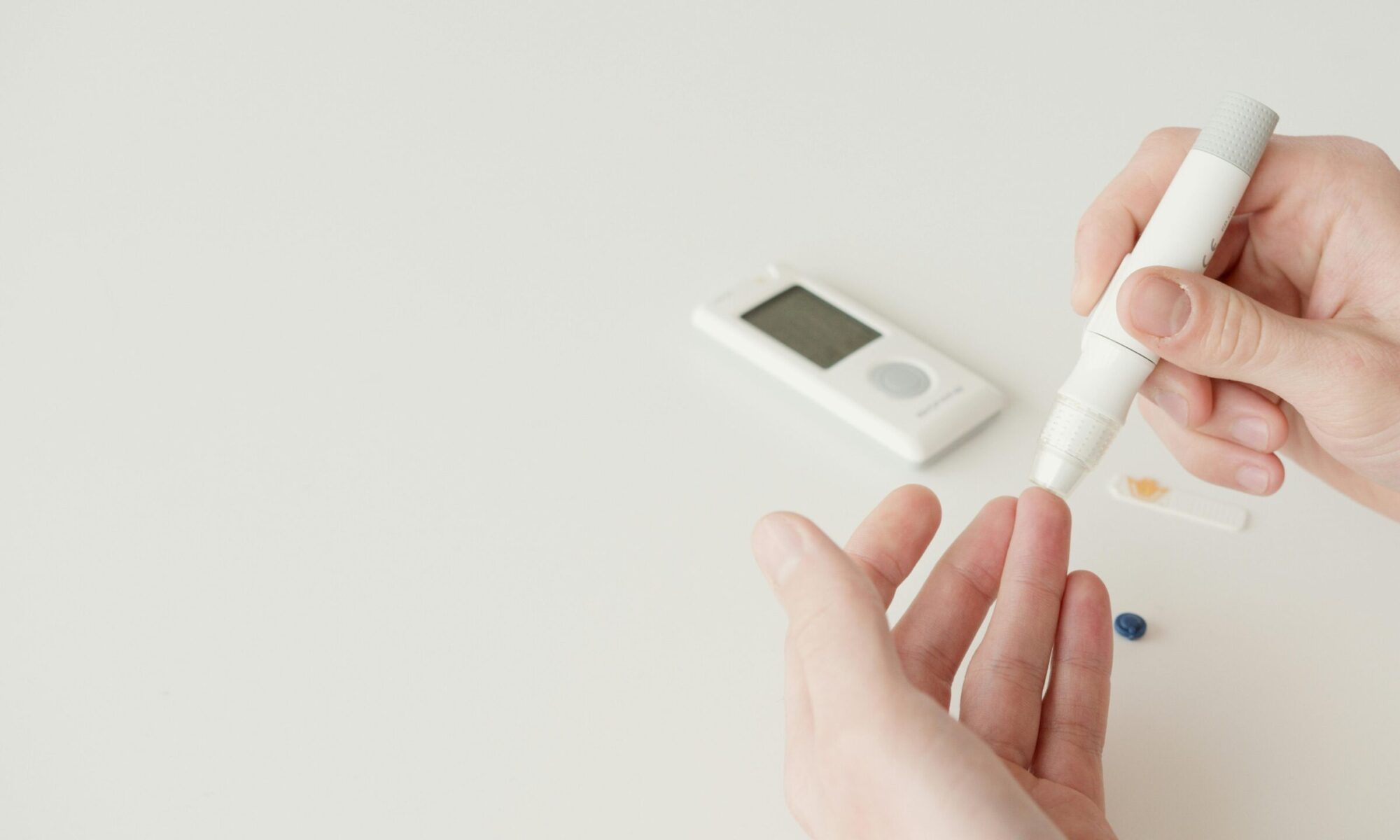For most individuals, hypoglycemia (low blood sugar) triggers unmistakable symptoms like shaking, sweating, confusion, or even fainting. However, in some long-standing diabetics, these symptoms diminish or disappear entirely—a condition known as hypoglycemia unawareness. Remarkably, these individuals can often function at blood glucose levels where others would struggle to remain conscious or operational. This phenomenon is a double-edged sword: while it allows diabetics to function under extreme conditions, it also poses significant risks.
This article delves into the physiological and neurological reasons behind this condition, its implications, and the adaptive mechanisms at play.
The Role of the Body’s Glucose Regulation System
In a healthy individual, blood glucose levels are tightly regulated. When glucose levels drop below the normal range (typically 70 mg/dL or 3.9 mmol/L):
- The body releases counterregulatory hormones like epinephrine (adrenaline) and glucagon to raise blood sugar.
- These hormonal responses trigger symptoms such as trembling, sweating, and hunger, signaling the brain to act (e.g., eating to correct the hypoglycemia).
In long-standing diabetics, however, this system can become desensitized or impaired due to repeated episodes of hypoglycemia.
Why Long-Standing Diabetics Lose the Sense of Hypoglycemia
Impaired Counterregulatory Responses:
- Diminished Glucagon Response: In individuals with diabetes, the pancreas may lose its ability to secrete glucagon in response to low glucose levels. Glucagon is the primary hormone responsible for raising blood sugar.
- Reduced Epinephrine Secretion: Over time, the adrenal glands may release less epinephrine during hypoglycemia, leading to weaker physical warning signs.
Brain Adaptation to Low Glucose Levels:
- The brain adapts to frequent episodes of low blood sugar by increasing its ability to utilize alternative energy sources, such as lactate and ketones.
- This adaptation allows the individual to maintain cognitive and motor functions at lower glucose levels, even when levels drop dangerously low.
Recurrent Hypoglycemia and Neurological Conditioning:
- Frequent hypoglycemia episodes recalibrate the brain’s glucose-sensing mechanisms. The threshold at which symptoms are triggered becomes lower, making hypoglycemia harder to detect.
- This conditioning leads to hypoglycemia unawareness, where the individual no longer recognizes the typical warning signs.
Why Some Diabetics Can Function at Critically Low Glucose Levels
Neural Adaptations:
- Increased Brain Efficiency: The brain becomes more efficient in utilizing available glucose, conserving energy and preventing dysfunction at low levels.
- Shift to Alternate Fuels: Chronic hypoglycemia promotes the brain’s use of ketones or lactate as supplemental energy sources, enabling continued function despite glucose depletion.
Physiological Resilience:
- Long-standing diabetics may develop a higher tolerance for metabolic stress. This resilience could be due to adaptations in cellular metabolism or improved mitochondrial efficiency in neurons.
Behavioral Compensation:
- Many diabetics learn to function through heightened self-awareness, relying on behavioral patterns, routines, and external glucose monitoring devices to maintain control, even in the absence of physical symptoms.
Risks and Challenges of Hypoglycemia Unawareness
While the ability to function at low glucose levels might seem advantageous, it carries significant risks:
Increased Risk of Severe Hypoglycemia:
- Without warning signs, diabetics may fail to recognize dangerously low blood sugar levels, leading to seizures, loss of consciousness, or even death.
Impaired Decision-Making:
- Even if cognitive function appears intact, subtle deficits in judgment and reaction time can occur, increasing the risk of accidents.
Cumulative Brain Damage:
- Prolonged exposure to severe hypoglycemia may cause structural damage to the brain, affecting memory, coordination, and overall mental health.
Managing Hypoglycemia Unawareness
Avoiding Recurrent Hypoglycemia:
- Tight glucose control increases the risk of repeated hypoglycemia. Adjusting insulin doses and relaxing glycemic targets can help prevent further episodes.
Continuous Glucose Monitoring (CGM):
- CGMs alert users to dropping glucose levels, even when physical symptoms are absent.
- Features like predictive alarms can provide additional safety, allowing users to take corrective action before glucose levels become dangerously low.
Glucose Awareness Training:
- Behavioral therapies aim to retrain the brain to recognize hypoglycemia symptoms. Techniques include structured glucose exposure and mindfulness-based interventions.
Alternative Monitoring Strategies:
- Frequent self-monitoring of blood glucose (SMBG) through traditional glucose meters can compensate for the lack of physical symptoms.
Educating Family and Caregivers:
- Family members and coworkers should be trained to recognize the signs of severe hypoglycemia and administer glucagon or call for emergency help when needed.
Insights from Research on Hypoglycemia Unawareness
Reversibility of the Condition:
- Studies show that hypoglycemia unawareness can sometimes be reversed by avoiding low blood sugar episodes for a few weeks. This process restores the body’s natural counterregulatory responses.
Role of Genetics:
- Emerging research suggests that genetic variations may influence an individual’s susceptibility to hypoglycemia unawareness.
Experimental Treatments:
- Clinical trials are exploring therapies like nasal glucagon and new medications that improve the body’s glucose-sensing mechanisms.
The ability of long-standing diabetics to function at critically low blood sugar levels highlights the incredible adaptability of the human body and brain. However, this phenomenon—driven by neural and physiological adaptations—comes at a significant cost, increasing the risk of severe hypoglycemia and its long-term complications. Understanding the mechanisms behind hypoglycemia unawareness provides valuable insights into its management and prevention. Through technological advances, education, and tailored treatment approaches, individuals can regain a sense of security and control in managing their condition.
Disclaimer:
The content on this website/article is community-driven and contributed by non-medical professionals. The observations and views expressed reflect the experiences and opinions of the non-medical community. You are strictly advised to seek the advice or opinion of a qualified medical professional before considering or acting on any information, opinions, or views presented on this website.
View Count: 7 Views

